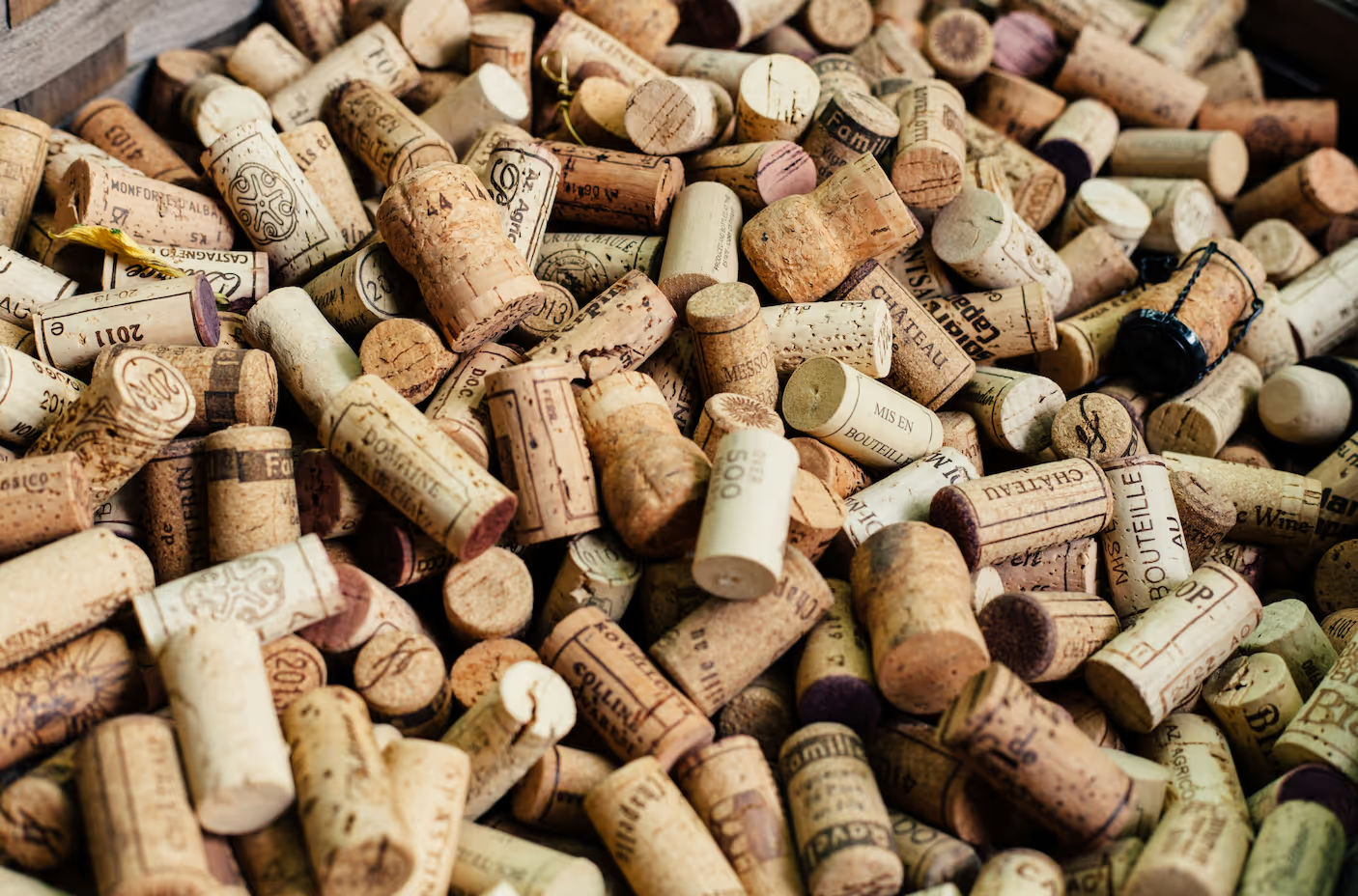This Company Recycles Corks and Turns Them Into Shoes

Join the community





Did you know that wine corks are not made by cutting down trees? Instead, they are made by harvesting the bark of the cork oak tree by hand.
A cork oak tree lives for 300 years and it is harvested every 9-12 years. Usually, only the first harvest is suitable for making corks. Cork makers punch wine corks from the bark, leaving behind leftover cork trimmings.
At the end of their usage, we typically dispose of wine corks in the trash, where they can take years to decompose. Although bacterial concerns prevent their reuse as wine corks, we can repurpose and recycle corks into other products.
ReCORK recycles wine corks into consumer products
Canadian footwear brand SOLE runs North America’s largest natural cork recycling (yes, not all corks are natural corks) program known as ReCORK. With the help of thousands of recycling partners across North America, it has collected and recycled more than 130 million natural wine corks.
It started in 2008 when SOLE was looking for ways to create sustainable and planet-friendly footwear products. It realized that cork is one of the most sustainable and versatile materials that it can use.
It set up a network of ReCORK collection partners that collect natural corks from individuals and businesses like restaurants and bars. These collection partners then send the collected corks to ReCORK, which grinds them into finer material.
ReCORK also purchases leftover trimmings from wine cork makers and grounds them. Once ground, they re-agglomerate both of these waste streams and make ReCORK Recycled Cork using a patented technique. ReCORK uses it to replace petroleum-based foams and plastics in consumer products.
Carbon-negative shoes made from recycled cork
SOLE uses ReCORK Recycled Cork to create midsoles for its footwear. This replaces the foams in footwear that are derived from plastic, which is made from fossil fuels. On top of that, these soles are carbon negative, meaning they remove more carbon from the atmosphere than they emit during manufacturing, processing, and transportation.
ReCORK estimates that each pair of ReCORK Recycled Cork midsoles has a carbon impact of -4.7kg CO2e. In other words, it has the net effect of removing 4.7kg of CO2 from the atmosphere.
This occurs because when cork oak tree bark is harvested for wine cork production, these trees absorb huge quantities of CO2 from the atmosphere as they regrow their thick bark through photosynthesis.
So the next time you pop open that bottle of wine, make sure that you deposit the cork with one of ReCORK’s collection centers.








.jpg)



